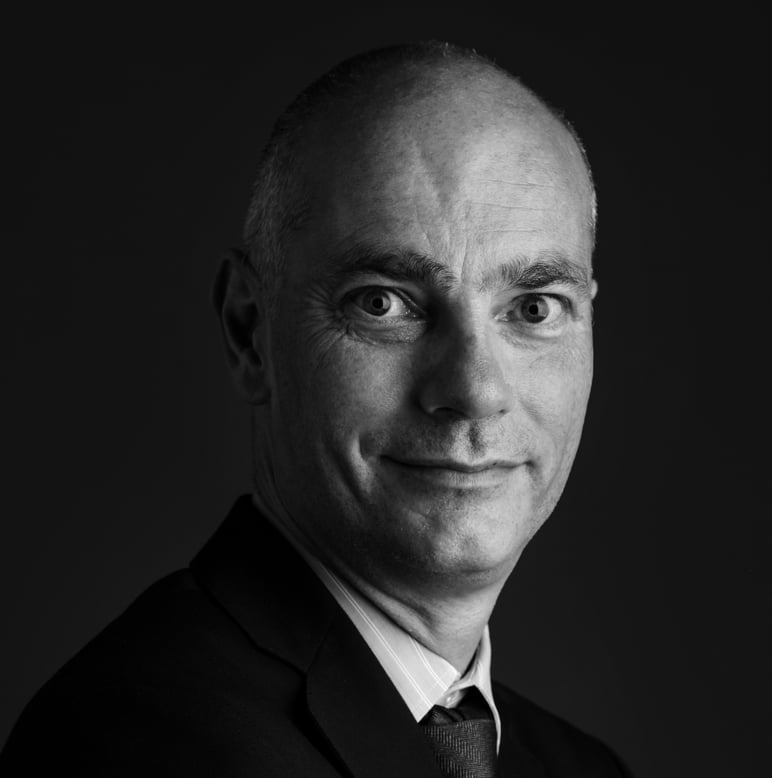
Next few weeks could determine the future of zero-Covid approach
- Omicron has created a race against time which may eventually mean ‘living with the virus’ is no longer a choice. But we have to be careful for what we wish for
The emergence of the Omicron variant in Hong Kong has shattered hopes of an early return to normal life. Lunar New Year festivities are the latest casualty in this battle to control the outbreak.
Traditional fairs and flower markets have been cancelled and other celebrations curbed as a result of strict social-distancing rules being extended to cover the holiday period. It does not look as if the Year of the Tiger will get off to a propitious start.
The outbreak, which began on December 30, appears to have stabilised, with a top government adviser suggesting it could all be over soon. But the risk of much wider contagion remains. Director of Health Ronald Lam Man-kin warned the city is “still near the crater of the volcano”.
The government is in a race against time. The zero-Covid strategy, involving tough measures to completely eradicate the virus, has reached a critical point.
‘Quarantine isn’t punishment’: angry voices from Hong Kong’s Penny’s Bay
Omicron seems to be perfectly designed to defeat the policy. It is much easier to catch than earlier forms of Covid-19 and renders the usual social-distancing measures less effective. Crucially, it can spread among people who have had two jabs. Getting a booster is essential.
Thankfully, Omicron has so far caused mild or no symptoms in most people, especially if they have been vaccinated. But once it is in the community, the variant is very difficult to stop. Hong Kong’s officials may find themselves feeling like King Canute as they battle to repel waves of infection.
The city can, therefore, expect a difficult time ahead as rules intended to curb the spread of the virus take their toll. When a highly transmissible variant meets the zero-Covid strategy, much disruption to our lives will follow.
This is a small outbreak compared to elsewhere in the world, with little more than 60 cases. But it has led to thousands being taken into compulsory quarantine. There were long queues for tests in high risk parts of the city, with some waiting hours. Infected housing blocks have been temporarily locked down. Chief Executive Carrie Lam Cheng Yuet-ngor has apologised to those who endured “unpleasant experiences” while being tested, traced or quarantined.
If the variant gets a grip in the community, these efforts will be increased. But they may ultimately prove futile. Isolation facilities would quickly fill up. The quarantine period for close contacts has already been reduced from three weeks to two. How long would it take before isolation has to take place at home?
A point might be reached where “living with the virus” is no longer a choice. It could become inevitable.
No jab, no dim sum: how food got Hong Kong’s elderly vaccinated
Some argue Hong Kong needs a sustained outbreak to force the government to accept reality. Living with the virus would mean a relaxation of rules, including the strict quarantine regime for arrivals, which has made foreign travel impracticable and isolated Hong Kong from the rest of the world.
But we have to be careful what we wish for. There are fears about the ability of the city’s health system to cope with a major outbreak. The percentage of the population fully vaccinated remains relatively low, at around 70 per cent. And the success in keeping cases to a minimum means little natural immunity.
One positive development in recent weeks has been the surge in vaccinations. A high vaccination rate remains the best hope of finding a way out of this pandemic nightmare.
Lam defended her Covid policy in the Legislative Council last week. Hong Kong has done well to keep the level of infections and deaths very low compared to other parts of the world. But, as the chief executive conceded, this has come at a price.
The community is tired and frustrated. There is a limit to how long the city can continue to impose stringent measures that disrupt life in Hong Kong and prevent travel elsewhere. Will Omicron be eliminated, at least for now, or will it render the zero-Covid strategy futile? The next few weeks could determine the future of the city’s controversial approach.

